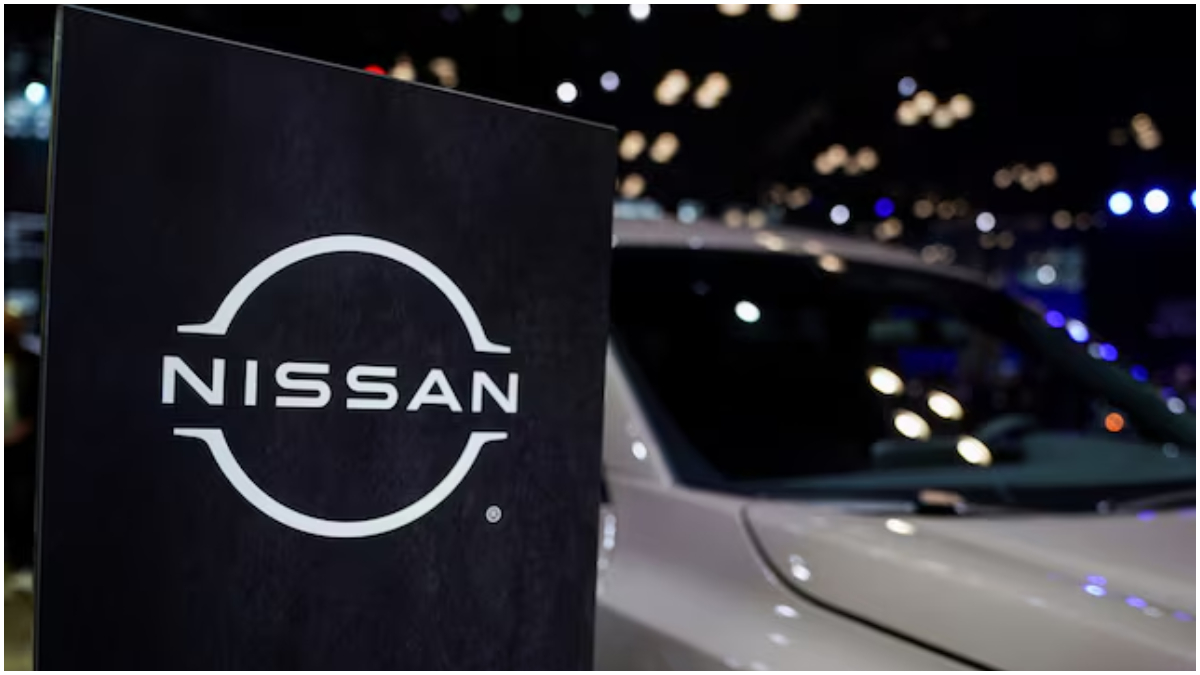Japanese car manufacturer Nissan has announced it may begin sharing production facilities around the world with its long-time Chinese state-owned partner, Dongfeng, as it undertakes a major overhaul of its global operations.
The automaker said Dongfeng could be integrated “into the global Nissan production ecosystem,” signaling a possible deepening of its two-decade partnership with the Chinese firm as part of efforts to cut costs and regain market competitiveness.
Nissan this week said it would eliminate 11,000 jobs and close seven plants globally, though it did not disclose the countries affected by the cuts.
Speaking at an international auto industry conference on Thursday, Nissan’s COO Ivan Espinosa emphasized the company’s commitment to its key facilities, saying, “We’ve announced new models for Sunderland… In the short term, we have no plans to scale down operations there.”
The move to potentially expand collaboration with Dongfeng comes amid broader scrutiny of trade relations with China, particularly in the context of shifting global supply chains.
Earlier this week, the U.S. and its allies finalized a new agreement to ease tariffs on steel and automobiles, originally imposed by the Trump administration. In return, the pact requires nations involved to address security concerns surrounding supply chains of metal exports.
Although the deal sparked speculation about restrictions on Chinese investments, government officials insisted it contains “no veto over Chinese capital participation.”
China’s government responded firmly, with a spokesperson from its embassy stating, “China has made formal inquiries seeking clarity from the UK. We oppose any arrangement that harms our interests and will act accordingly.”
Nissan’s latest workforce reduction adds to 9,000 job cuts announced in November, as weak performance in crucial markets like China and the U.S. forces the company to scale back operations. In total, 15% of its global workforce will be affected, as Nissan targets a 20% reduction in worldwide production capacity.
Despite its long-standing alliance with Dongfeng and a shared manufacturing hub in Wuhan, Nissan’s brand has struggled to compete in China’s crowded and highly competitive car market, where prices have continued to fall.
Nissan currently employs around 133,500 people worldwide, including approximately 6,000 at its Sunderland facility.
The company has also faced instability at the executive level, including the collapse of high-profile merger negotiations with rival automaker Honda earlier this year. Talks reportedly fell apart over disagreements on the structure of a multi-billion-dollar partnership.
After the failed deal, then-CEO Makoto Uchida stepped down and was succeeded by Ivan Espinosa, who previously led Nissan’s strategic planning and motorsports division.
On the financial front, Nissan posted an annual net loss of $4.6 billion, attributing the downturn in part to ongoing trade tensions and tariffs introduced under the Trump administration.
Meanwhile, Nissan’s battery supplier AESC recently secured a $1.3 billion investment package to build a new battery plant dedicated to powering electric models like the Leaf and Juke. The facility is expected to create thousands of new jobs and boost the company’s transition to electric mobility.







